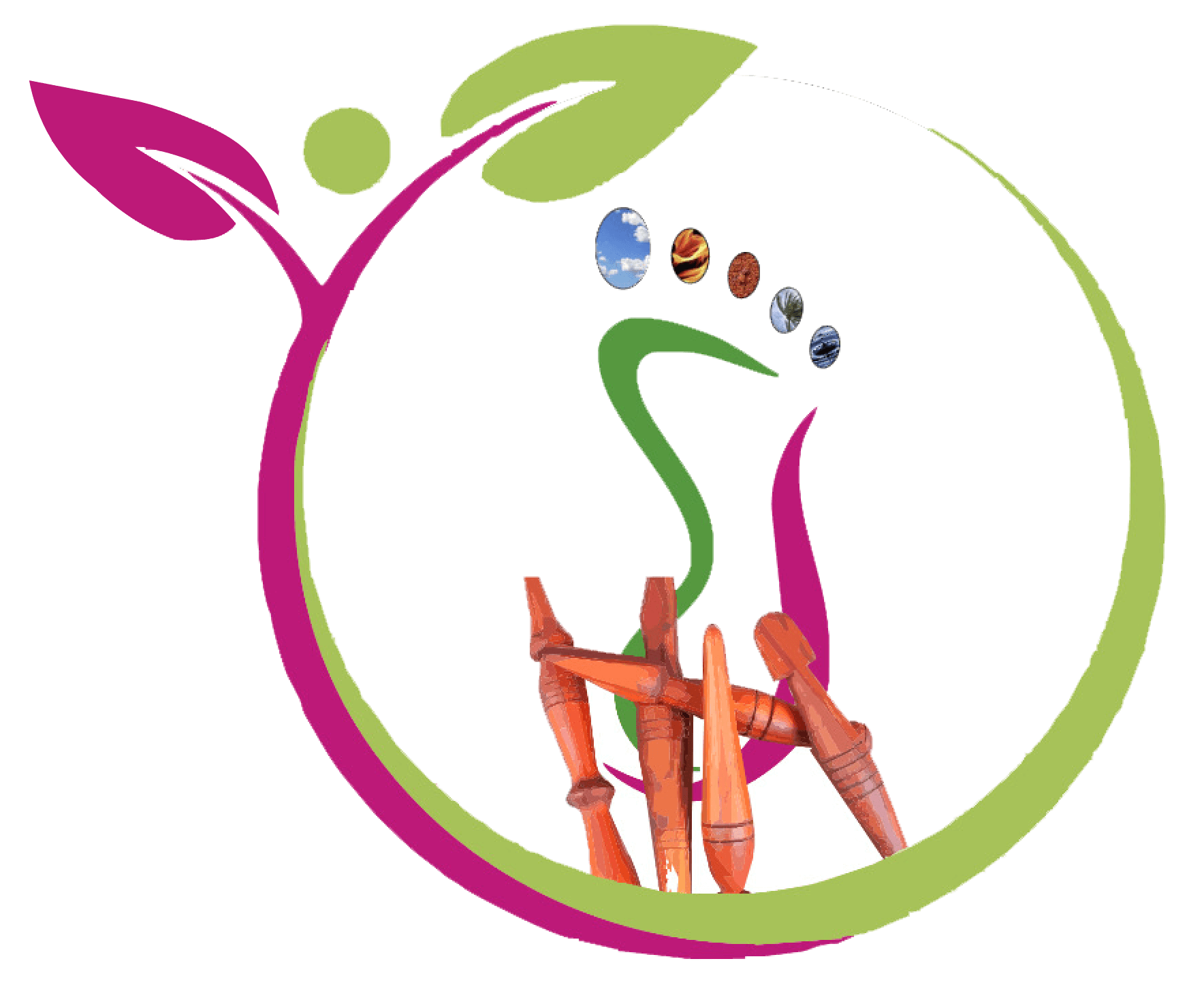In the search for natural and effective ways to enhance well-being, foot reflexology stands out as a holistic therapy with a rich history and a multitude of benefits. This practice, which involves applying targeted pressure to specific points on the feet, promises to do more than just relax you—it aims to balance and rejuvenate your entire body. In this blog, we’ll explore the holistic benefits of foot reflexology, shedding light on how this ancient therapy can contribute to your overall health and vitality.
What is Foot Reflexology?
Foot reflexology is based on the concept that the feet are a map of the body. According to this practice, various points on the feet correspond to different organs, systems, and glands. By applying pressure to these reflex points, reflexologists seek to stimulate the body’s natural healing mechanisms, promote balance, and enhance overall wellness. Although reflexology has ancient roots in cultures such as Egyptian, Chinese, and Indian, it remains a popular and effective method in contemporary holistic health.
The Holistic Benefits of Foot Reflexology
- Promotes Deep Relaxation and Stress Relief: One of the most immediate benefits of foot reflexology is its ability to induce a state of deep relaxation. The therapy helps reduce cortisol levels, the stress hormone, while encouraging the release of endorphins, which improve mood and create a sense of calm. Regular reflexology sessions can help manage everyday stress and contribute to a more relaxed state of being.
- Supports Improved Circulation: Reflexology stimulates blood flow throughout the body by targeting reflex points on the feet. This enhanced circulation helps ensure that oxygen and nutrients are efficiently delivered to various tissues and organs, which supports overall cardiovascular health and can aid in the healing of injuries or ailments.
- Aids in Pain Management: Reflexology can be a valuable complement to conventional treatments for chronic pain conditions such as arthritis, migraines, and lower back pain. By focusing on specific reflex points, practitioners aim to alleviate pain and discomfort, offering a non-invasive option for managing persistent pain.
- Enhances Digestive Health: By targeting reflex points related to the digestive system, reflexology can help improve digestive function. This can be particularly beneficial for addressing issues such as constipation, bloating, and indigestion, leading to better digestive health and comfort.
- Improves Sleep Quality: The relaxation induced by reflexology often leads to improved sleep quality. By reducing stress and promoting a sense of well-being, reflexology can help address sleep disorders such as insomnia, contributing to a more restful and restorative sleep.
- Balances Emotional and Mental Health: Reflexology doesn’t just affect the body; it also supports emotional and mental well-being. The therapy’s calming effects can help reduce symptoms of anxiety and depression, fostering a more balanced and positive outlook on life.
- Boosts Overall Energy Levels: Many individuals find that reflexology helps increase their energy and vitality. By promoting overall balance and well-being, the therapy can help enhance your sense of energy and vitality, making you feel more revitalized and engaged in daily activities.
What to Expect During a Reflexology Session
A typical reflexology session begins with a consultation where the reflexologist discusses your health history and any specific concerns. The session usually lasts between 30 to 60 minutes and involves applying pressure to various reflex points on your feet. Most people find the experience soothing and may notice immediate relief from stress and tension.
Incorporating Reflexology into Your Wellness Routine
To fully benefit from foot reflexology, consider integrating it into your regular wellness routine. Regular sessions with a professional reflexologist can offer sustained benefits, but you can also explore self-care techniques to practice at home. Complementing reflexology with other healthy habits, such as a balanced diet, regular exercise, and sufficient sleep, can further enhance your overall well-being.
Conclusion
Foot reflexology offers a holistic approach to health and wellness by focusing on the interconnectedness of the body’s systems. With its range of benefits, including stress relief, pain management, improved circulation, and better sleep quality, reflexology can play a significant role in supporting your overall health. By discovering the holistic benefits of foot reflexology, you can unlock a deeper sense of relaxation, balance, and vitality.



